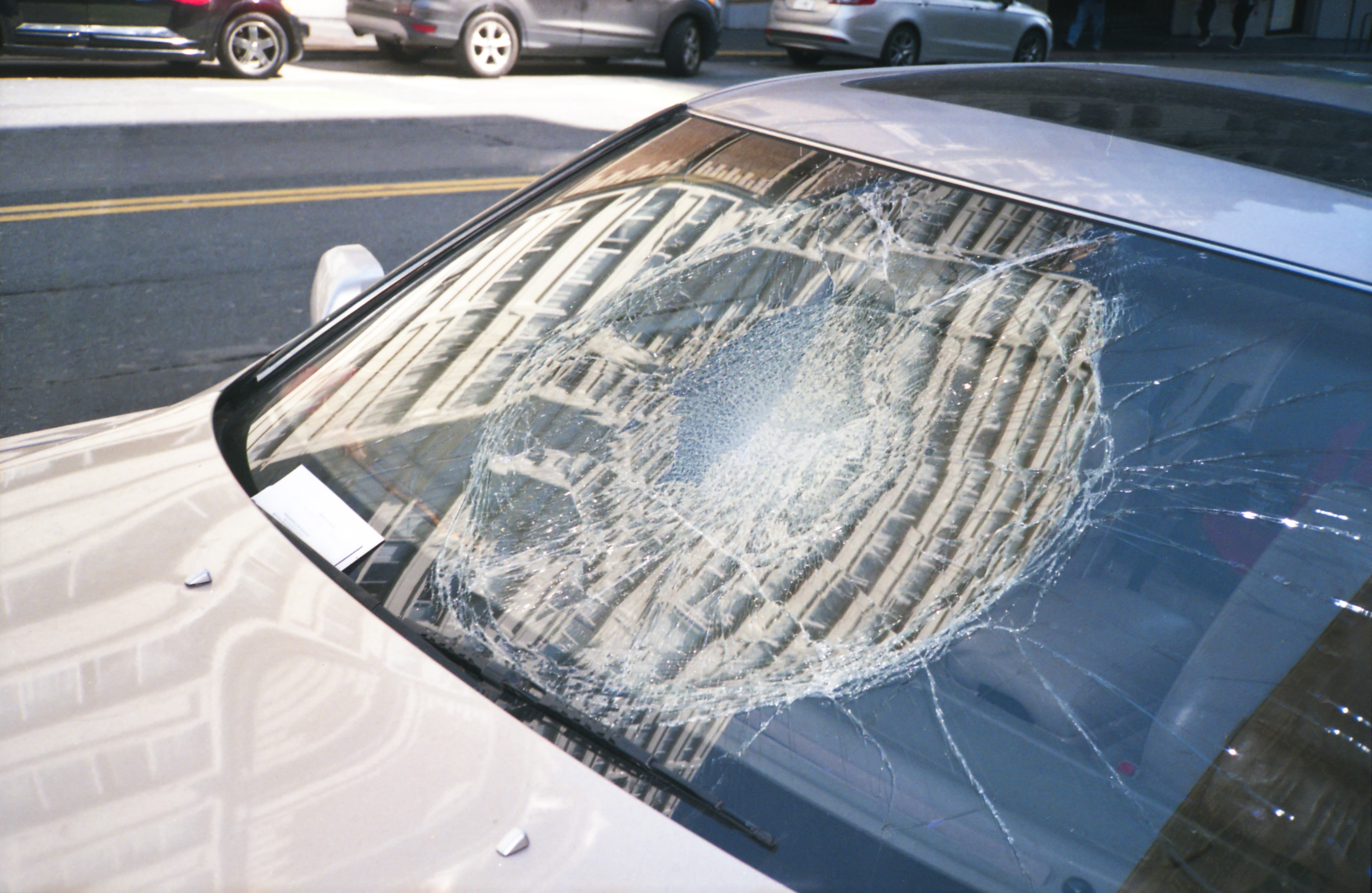Whether you’re renting your very first apartment or entering the world of home ownership for the first time, there are some differences you should know when it comes to your property insurance policy.
Homeowner’s insurance vs. renter’s insurance
Renters (or tenants) insurance provides coverage for home liability and your contents. This means that you’ll be protected financially in case your stuff becomes damaged or stolen, as well as from liability suits in case someone hurts themselves in your rented home.
This applies to homeowners insurance as well, but those policies have a bit more to them than that.
Ultimately, the landlord will have to insure the rented property itself. They may reserve the right to withhold renting until you have a contents and liability tenant insurance policy in force, too (or ready to take effect when you move in).
That’s because they don’t want to be responsible for a tenant’s guests or belongings. That’s not surprising, as landlords don’t usually live on the properties they rent out.
Luckily, renters insurance policies are incredibly affordable. See it for yourself in three minutes.
Creating a home inventory is a great way to itemize your belongings and come up with a total value. When setting up your renter’s insurance policy it’s a great idea to review your lease agreement between yourself and your landlord as they will typically detail the minimum insurance requirements there.
Your homeowner’s insurance policy
The process of buying a home can take time. At first you’ll need to work with your mortgage agent to finalize these things:
- Checking your qualification amounts
- Checking your purchase price points
- Shortlisting open house events
- Submitting your offer
- Negotiating your offer
That’s the hard part. You’ll probably be tired and ready to just move in to your new home.
But let’s not forget that shopping for home insurance deserves some attention, too. You want to get the best rates possible, after all!
In addition to liability protection and contents coverage, a homeowner’s policy will cover:
- The house itself
- Any separate buildings on the property
- Appliances
Mortgage companies may not finalize a mortgage loan without a home insurance policy in force, either. That’s because the companies lending the money don’t want to risk their investment disappearing for avoidable reasons. Houses are expensive, after all.
For example, in the event of a fire resulting in the total loss of your home, your mortgage company would expect to be paid out for the complete value of the home.
Homeowners insurance and renters insurance have different price points because home insurance provides a broader scope of coverage. It’s important to keep this in mind as you rent your first place or move into your first home as the owner.
If you’re unsure of your home being insured to its full value, then you may want to speak with your insurance broker. Living in an under-insured home can come back to bite if you ever need to file a claim.
Get a quote for renters insurance or homeowners insurance in three minutes to find the best policy for you.






